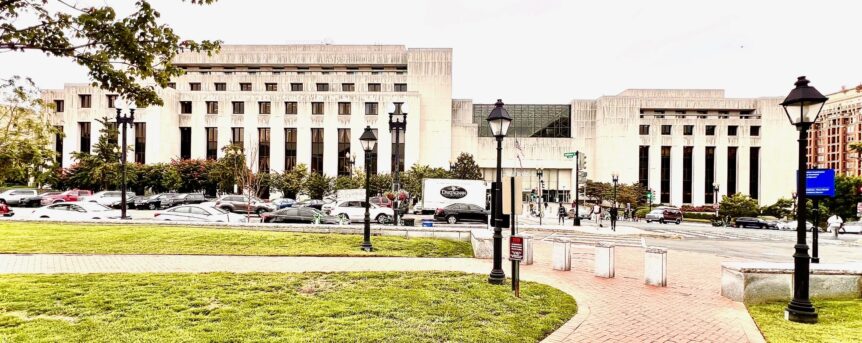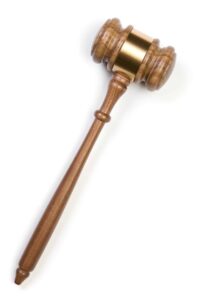
The “Public Record” Hearsay Exception in D.C.
A public record is admissible as an exception to the hearsay rule when (1) the facts stated in the document are within the personal knowledge and observation of the recording official and (2) the document is prepared pursuant to a duty imposed by law or implied by the nature of the office. D.M.C.,503 A. 2d 1280, 1283-84 (D.C. 1986). See also D.C. Superior Court Rule of Criminal Procedure 27 (“A party may prove an official record, an entry in such a record, or the lack of a record or entry in the same manner as a civil action”).
 According to McCormick on Evidence §296, the hearsay exception for public records is based on the recognition that official written statements can be expected to be especially trustworthy.
According to McCormick on Evidence §296, the hearsay exception for public records is based on the recognition that official written statements can be expected to be especially trustworthy.
It is not only that the declarant has an official duty to assure the accuracy of the records. It is also that public inspection of the records “will reveal any inaccuracies and cause them to be corrected.”
An additional impetus for this exception would be “the inconvenience of requiring public officials to appear and testify concerning the subject matter of their records and reports.”
In Hunter v. United States, 590 A.2d 1048 (D.C. 1991), the D.C. Court of Appeals held that a certificate of no record of a license to carry a pistol satisfied both the authentication and foundation requirements.
The statement was accompanied by the required certificate and seal, was signed by the one who conducted the search indicating personal knowledge of the facts stated, and contained the statutory language indicating that the records searched were established and maintained pursuant to a legal duty.
The federal analog to this rule is Federal Rule of Evidence 803(8).
